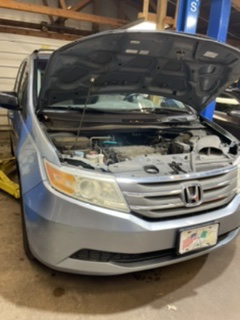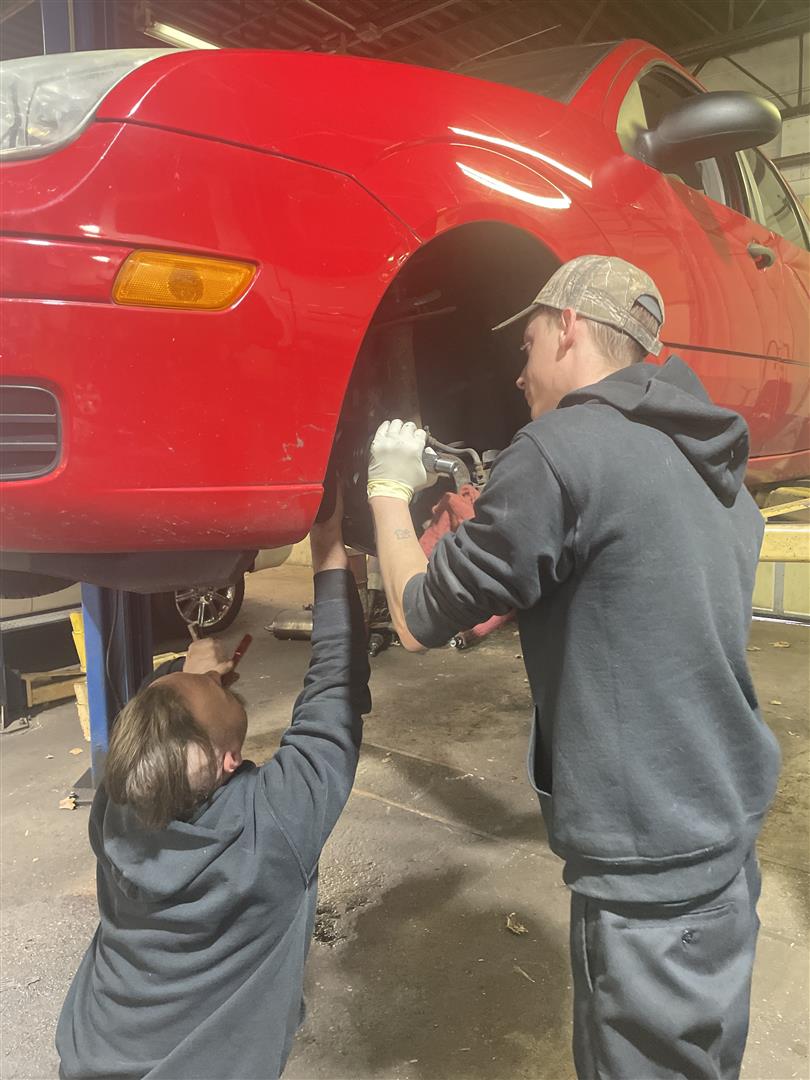Keeping Your Vehicle in Tip-Top Shape
No matter how much we love our cars, they require Regular Maintenance to keep them running smoothly. Regular car maintenance is important as it helps keep your vehicle safe, efficient, and reliable. It also prevents small problems from becoming costly repairs down the line. Here's a comprehensive guide to all the basics of car maintenance—from Oil Changes to Spark Plugs and more!
Oil Change
Changing your oil is one of the most important aspects of car maintenance. Depending on your vehicle’s age, engine type, and driving habits, you should plan for an oil change every 3-5 months or 5,000 miles (whichever comes first). This can help ensure that all parts are properly lubricated, and that dirt and debris don’t build up in your engine over time.
Checking Oil & Coolant Levels 
Oil and coolant levels should be regularly checked between oil changes to make sure they are at the right level. If the levels are too low, you may need to add more fluid; if they are too high, you may need a professional mechanic to diagnose any underlying issues. Checking these levels can help prevent serious damage from occurring over time due to either lack of or excess engine lubrication/cooling.
Brakes & Filters 
It’s important to check both brakes and filters regularly as part of your car maintenance routine. Brakes should be inspected for wear and tear at least once a year; if there is any significant wear or damage present then a professional mechanic should be consulted immediately. Filters should also be changed on a regular basis—typically every 12 months—to ensure proper air flow through the engine compartment. This can help improve overall performance and efficiency while reducing emissions as well!
Tire Pressure & Tires
Another important part of keeping your vehicle in top condition is maintaining proper tire pressure and checking for any signs of wear or damage on the tires themselves. Tire pressure should be checked at least once a month; if it is low then use an air compressor or manual pump to bring it back up to optimal levels. The Tires themselves should also be inspected periodically for signs of uneven wear or other visible damage; if any such issues are present then they likely need replacing soon.
Hoses & Replacing Spark Plugs
It’s important to inspect Hoses regularly for leaks or cracks as these can cause major problems with your engine over time if left unchecked. Hoses that appear damaged should be replaced as soon as possible by a qualified mechanic; this will help prevent further damage from occurring in the future due to lack of lubrication or cooling fluids leaking out through holes/cracks in these hoses over time! Additionally, Spark Plugs must be replaced when necessary according to manufacturer guidelines (usually every 30k miles) in order for optimal engine performance/efficiency during operation.
Headlights & Timing Belts/Chains
Finally, Headlights should also be inspected from time-to-time as dimming/fading bulbs may indicate that replacements are needed soon; these can usually be easily purchased online or at an auto parts store near you! Additionally, Timing Belts/chains must also occasionally be replaced depending on the make/model of your vehicle; this can help ensure smooth operation without any skipped gears during acceleration/deceleration when driving around corners etc!
Choosing the team, you can trust is key, Rick’s Auto Service with over 44 years performing auto repairs across Northern Indiana. We provide you with expert customer service and knowledgeable ASE Technicians who can diagnosis the problem for most makes and models.
#RicksAutoService #ricksautoservicein #AC #Heatercore #engine #brakes #transmission #Brake #CheckEngineLight #brakepads #brakerepairnearme #Brakerepair #tire #lowercontrolarm
https://www.ricksautoservice.org/appointments